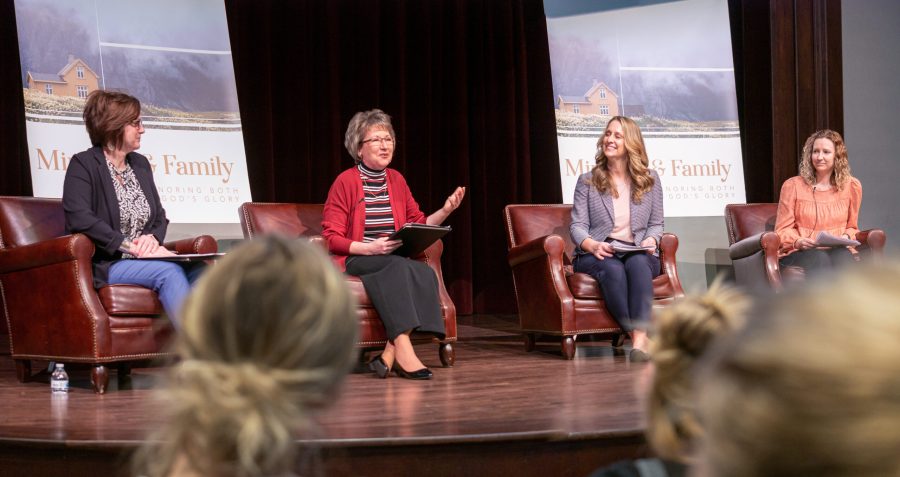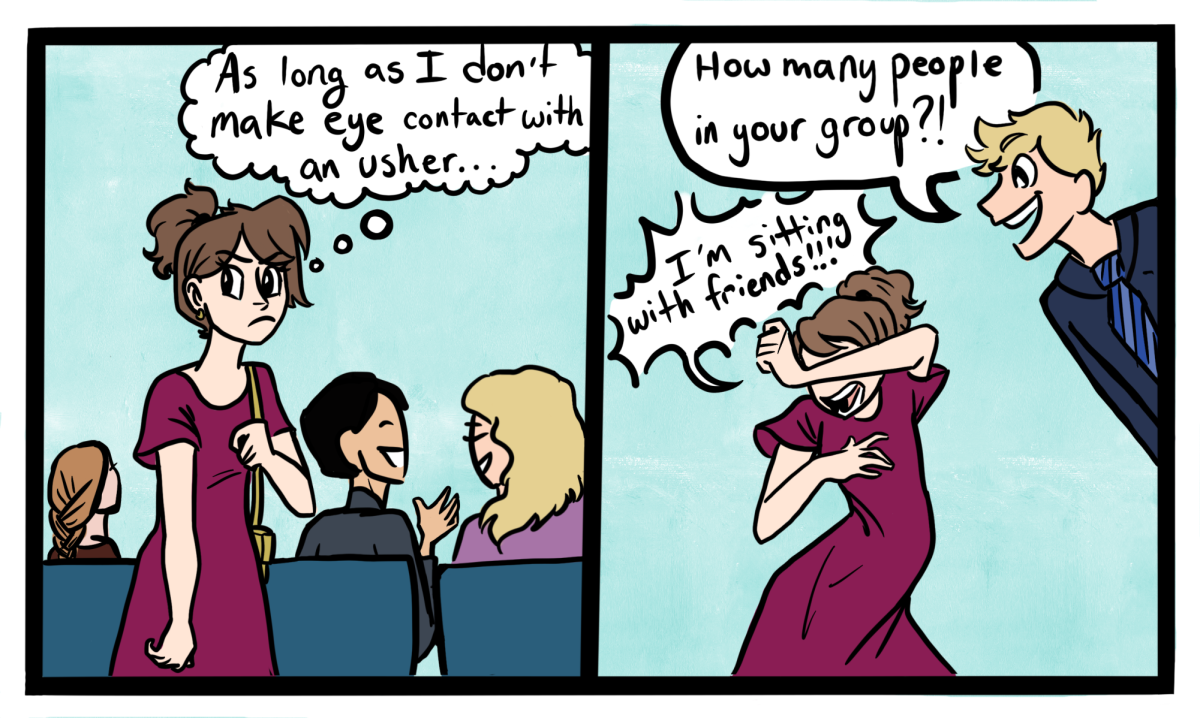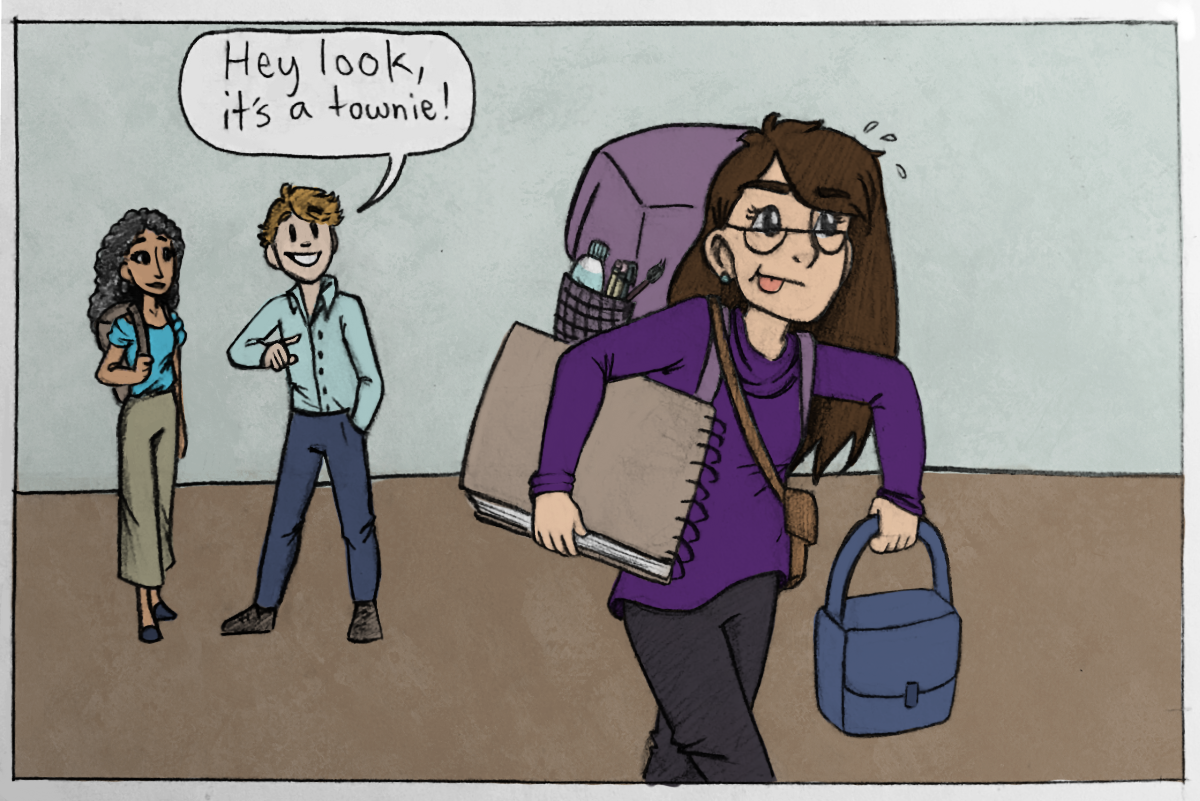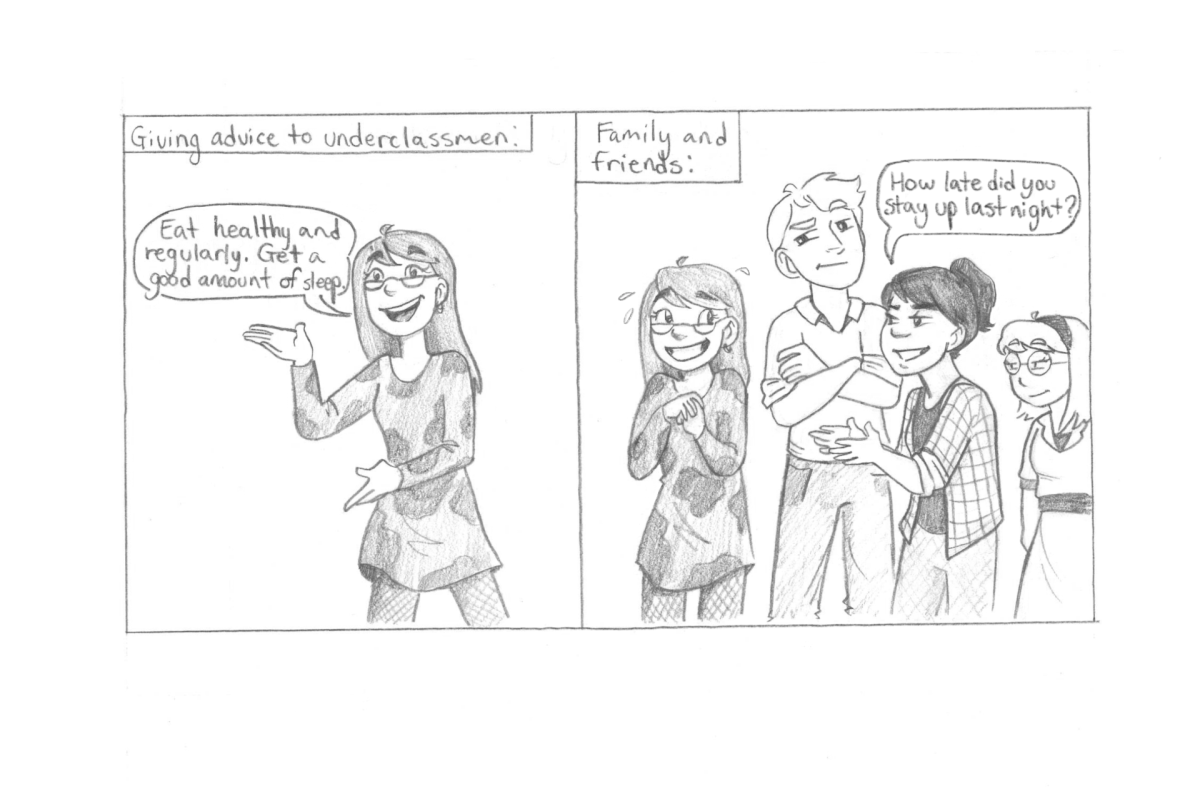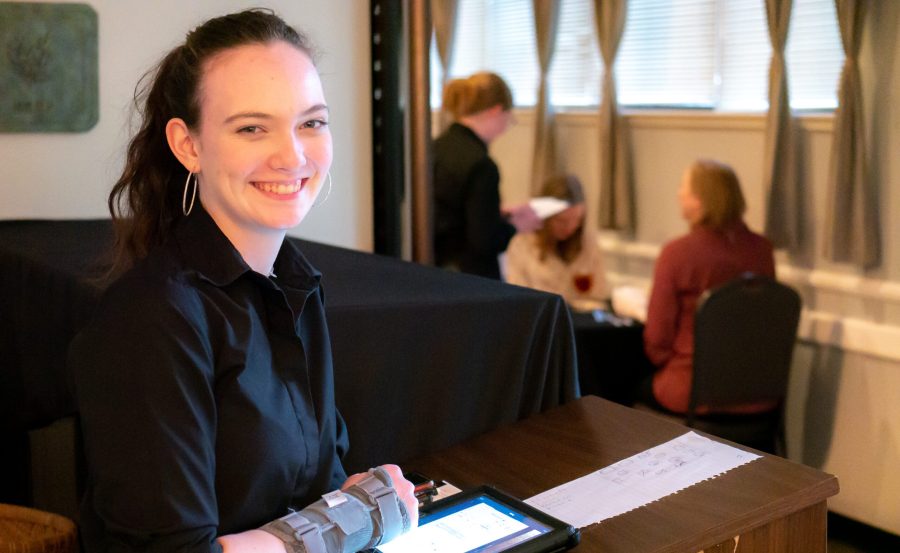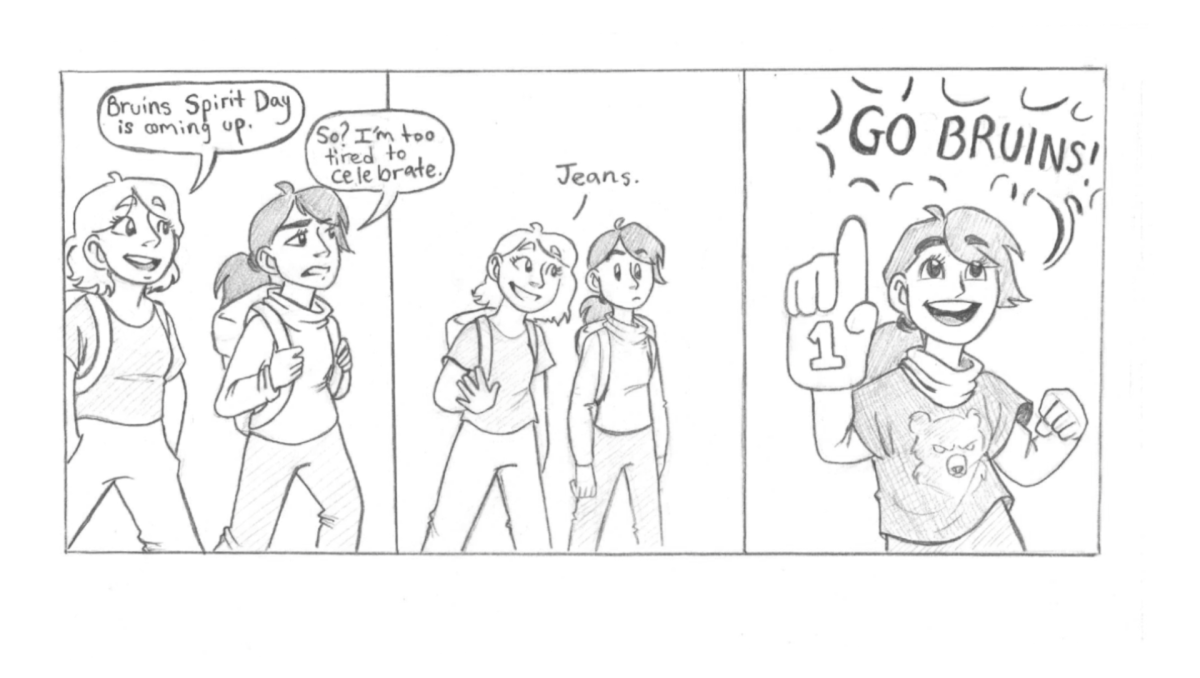The internet is destroying reasonable debate. People have argued about issues as long as issues have existed, but social media pages and comment feeds have given far more people from a variety of backgrounds reasons to fight.
“Keyboard warriors” damage discourse on almost every level of society. Probably most destructive is the use of one-word labels to belittle the debated person.
Instead of listening to the other person and producing a valid response, the easiest way out of a heated debate is to assume something about the other person based on their background or stance.
Generalizing people into derogatory categories like “socialist” or “racist” to win debates may save time in writing out an argument, but it is tearing our country apart.
This trend isn’t just ruining our Facebook experiences; it’s hurting our democracy. If you need proof, listen to portions of the 2016 presidential debates, watch a congressional town hall meeting or find a way to sit through C-Span for a few hours.
In early 2017, Sen. Marco Rubio gave a speech in front of his colleagues pleading for a return to reasonable discussion.
Rubio said American greatness partially stems from the ability to respectfully listen to the opinions of others. Many parliaments around the world are filled with screaming and violence, but the United States has traditionally tolerated opposing points of view.
“If this body isn’t capable of having those debates, there will be no place in this country those debates can occur,” Rubio said. “And I think every single one of us to our great shame will live to regret it.”
Americans are passionate about what they believe, but reasonable discourse is too important to our political tradition to abandon.
The best way to help change the tide of online discourse is to abstain from arguing on web forums at all. The comments section is unlikely to change many minds.
Without being able to speak face to face, most conversations are probably not going to have a professional end.
If you do get involved in an online debate, stay calm. If the conversation begins to make you upset or angry, it’s time to step away from the keyboard.
In the words of President Calvin Coolidge, “You can’t know too much, but you can say too much.” Many times the strategy with the most merit is to avoid confrontation at all.
American society won’t last very long if one half of the country hates the other half.
Much could be said about the impact of online debate on American free speech and culture, but it is clear moving forward that Americans need a return to civility.
Christians should set the standards of online respect.













